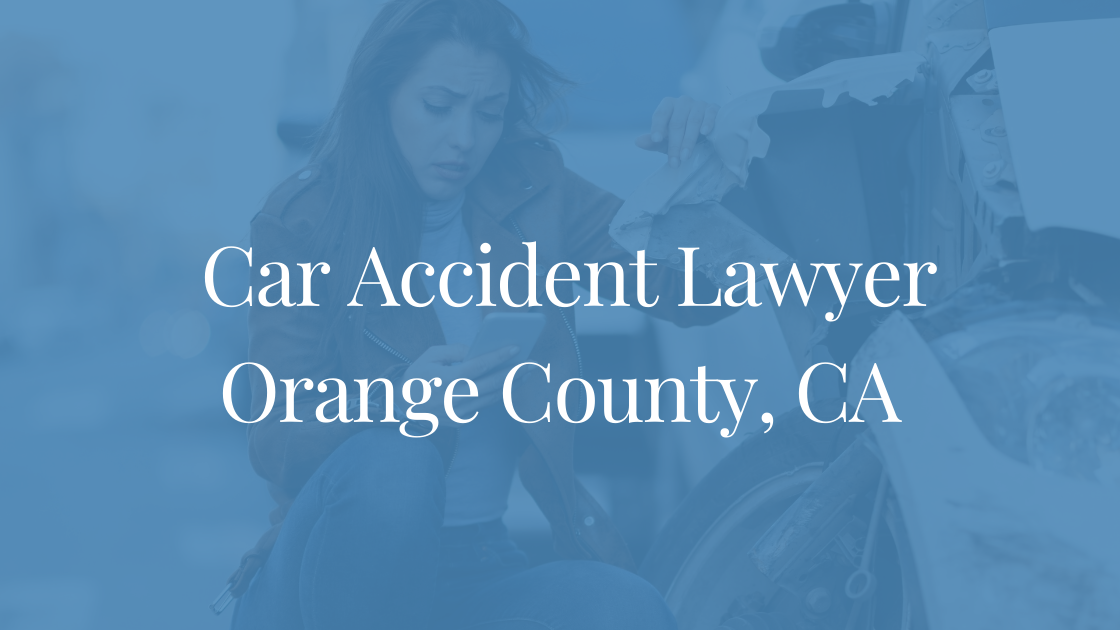Introduction
A. The Impact of Personal Injuries
- Exploring the profound impact that personal injuries can have on individuals, both physically and emotionally.
B. Necessity of Legal Assistance
- Establishing the crucial role of personal injury lawyers in navigating legal complexities and securing just compensation.
II. Understanding Personal Injury Cases
A. Common Types of Personal Injuries
- Identifying prevalent types of personal injuries, such as car accidents, slip and falls, and workplace injuries.
B. Legal Basis for Personal Injury Claims
- Providing an overview of the legal basis for personal injury claims, including negligence and liability.
III. The Legal Landscape in Colorado
A. Colorado Personal Injury Laws
- Exploring specific personal injury laws in Colorado, including statutes of limitations and comparative negligence.
B. The Role of Colorado Courts
- Discussing how Colorado courts handle personal injury cases, including procedures and timelines.
IV. The Importance of Timely Legal Action
A. Statute of Limitations in Colorado
- Emphasizing the time constraints imposed by the statute of limitations for filing personal injury claims in Colorado.
B. Gathering Crucial Evidence
- Guiding victims on the importance of promptly collecting evidence, including medical records, witness statements, and accident reports.
V. Criteria for Selecting the Right Personal Injury Lawyer
A. Specialization in Personal Injury
- Stressing the significance of choosing lawyers with specialization and experience in handling personal injury cases.
B. Track Record of Success
- Evaluating a lawyer’s track record in securing favorable outcomes for personal injury clients.
C. Client Testimonials
- Highlighting the value of client testimonials in assessing a lawyer’s reputation and the quality of their representation.
VI. Legal Consultation and Case Evaluation
A. Importance of Initial Consultation
- Encouraging individuals affected by personal injuries to schedule initial consultations to discuss the specifics of their case.
B. Comprehensive Case Evaluation
- Detailing the process of case evaluation, where lawyers assess the merits of a personal injury case and provide insights into potential outcomes.
VII. Types of Compensation in Personal Injury Cases
A. Medical Expenses
- Detailing avenues for seeking compensation for medical expenses, including surgeries, rehabilitation, and ongoing medical care.
B. Lost Wages and Economic Impacts
- Discussing possibilities for recovering lost wages and compensation for economic impacts caused by personal injuries.
C. Pain and Suffering
- Exploring options for seeking compensation for pain, suffering, and emotional distress endured due to personal injuries.
VIII. Dealing with Insurance Companies
A. Common Tactics Used by Insurance Companies
- Alerting victims to common tactics employed by insurance companies to minimize payouts and how personal injury lawyers can counteract them.
B. Negotiation vs. Litigation
- Weighing the benefits of negotiation with insurance companies against the option of pursuing litigation for a fair settlement.
IX. Representing Clients in Court
A. Filing a Lawsuit
- Discussing the process of filing a personal injury lawsuit if a fair settlement cannot be reached, including court procedures and timelines.
B. The Role of Legal Representation in Court
- Highlighting the crucial role of an attorney in presenting a compelling case in court, including expert testimony and evidence presentation.
X. Addressing Comparative Negligence
A. Proving Fault in Personal Injury Cases
- Explaining how fault is determined in personal injury cases, considering factors such as negligence and comparative negligence.
B. Building a Strong Defense
- Guiding attorneys and clients on building a robust defense against allegations of comparative negligence.
XI. Ensuring Client Satisfaction
A. Regular Communication
- Emphasizing the importance of open and regular communication between clients and their attorneys throughout the legal process.
B. Transparency in Legal Fees
- Addressing the issue of legal fees and advocating for transparency to ensure clients understand the cost structure.
XII. Conclusion
A. The Path to Justice and Recovery
- Summarizing the key points discussed and reiterating the importance of choosing the right personal injury lawyer for a successful legal journey.
FAQs
- How soon should I contact a personal injury lawyer after an accident in Colorado?
- It is advisable to contact a lawyer as soon as possible to ensure timely legal action and preservation of evidence.
- What factors contribute to a successful personal injury claim in Colorado?
- Factors such as specialization in personal injury, a successful track record, and the ability to navigate Colorado’s legal landscape contribute to a successful claim.
- Can individuals seek compensation for pain and suffering due to personal injuries?
- Yes, individuals can seek compensation for pain and suffering caused by personal injuries, and an experienced lawyer can guide them through the process.
- How do personal injury lawyers handle negotiations with insurance companies?
- Personal injury lawyers negotiate with insurance companies by presenting a strong case, providing evidence, and advocating for fair compensation on behalf of their clients.
- What is the role of comparative negligence in personal injury cases?
- Comparative negligence assesses the degree of fault among parties involved in a personal injury case, impacting the amount of compensation a victim may receive.
